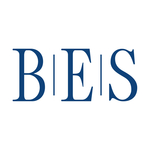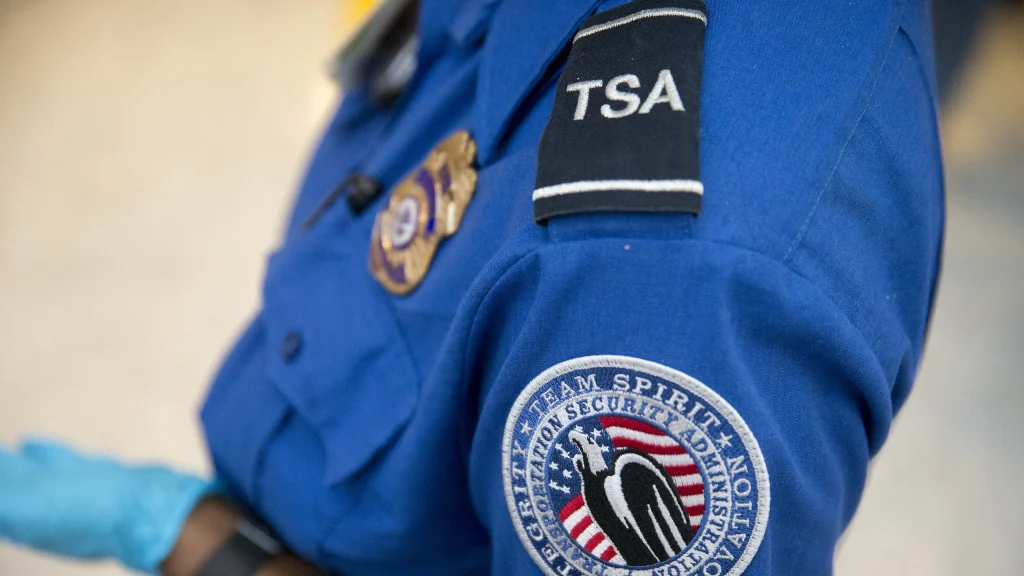NEW YORK--(BUSINESS WIRE)--#Action--Bragar Eagel & Squire, P.C., a nationally recognized stockholder rights law firm, announces that a class action lawsuit has been filed against Pegasystems, Inc. (“Pegasystems” or the “Company”) (NASDAQ: PEGA) in the United States District Court for the Eastern District of Virginia on behalf of all persons and entities who purchased or otherwise acquired Pegasystems securities between May 29, 2020 and May 9, 2022, both dates inclusive (the “Class Period”). Investors have until July 18, 2022 to apply to the Court to be appointed as lead plaintiff in the lawsuit.
Click here to participate in the action.
PEGA develops customer relationship management software. In its SEC filings during the Class Period, PEGA consistently informed investors that its internal “research and development organization is responsible for product architecture, core technology development, product testing, and quality assurance.” The Company also stated that it maintained a written Code of Conduct applicable to its board of directors and all employees “including our principal executive officer,” which included an express commitment: “Never [to] use illegal or questionable means to acquire a competitor’s trade secrets or other confidential information, such as . . . stealing, seeking confidential information from a new employee who recently worked for a competitor, or misrepresenting your identity in hopes of obtaining confidential information.”
On May 29, 2020, Appian Corporation (“Appian”), a principal competitor of PEGA, filed a civil complaint in the Circuit Court for Fairfax County, Virginia against PEGA and fan employee of a government contractor using Appian software, alleging claims for trade secret misappropriation, violation of the Virginia Computer Crimes Act, tortious interference, and statutory business and common law conspiracy (the “Appian Litigation”). The Appian complaint alleged efforts by PEGA to obtain Appian trade secrets through the contractor’s employee, who had access to Appian’s software and materials. The complaint further alleged that PEGA’s own employees, including its Chief Executive Officer (“CEO”), misrepresented themselves as potential customers of Appian partners to improperly gain access to Appian’s trial software.
Despite the obvious materiality of the Appian Litigation, including its allegation that PEGA had essentially stolen Appian’s trade secrets and caused Appian massive damages, in violation of SEC reporting regulations, for nearly two full years during the Class Period Defendants never disclosed or described the Appian Litigation in its quarterly reports on Form 10-Q or annual reports on Form 10-K. When they did finally discuss the Appian Litigation, Defendants falsely assured investors that the claims asserted in the litigation were “without merit,” PEGA faced no exposure in the litigation because Appian’s alleged damages “are not supported by the necessary legal standard of proximate cause,” and, even if PEGA was found liable, it was “unable to reasonably estimate possible damages.”
The Class Action alleges that, during the Class Period, Defendants misrepresented and/or failed to disclose that: (1) PEGA had engaged in corporate espionage and misappropriation of trade secrets to better compete against Appian; (2) Defendants’ product development and associated success was, in significant part, not the result of its own research and product testing but rather the result of such corporate espionage and trade secret theft; (3) Defendants had engaged in a scheme to steal Appian trade secrets, which was not only known to, but carried out through the personal involvement of PEGA’s CEO; (4) PEGA’s CEO and other officers and employees did not comply with PEGA’s written Code of Conduct; (5) PEGA was “unable to reasonably estimate damages” in the Appian Litigation; and (6) as a result of the foregoing, Defendants’ statements about PEGA’s business, operations, prospects, legal compliance, and potential damages exposure in the Appian Litigation were materially false and/or misleading and/or lacked a reasonable basis when made.
The truth regarding PEGA’s fraudulent conduct was revealed after the close of the markets on May 9, 2022, when PEGA issued a press release announcing that the jury in the Appian Litigation had awarded Appian more than $2 billion for PEGA’s misappropriation of trade secrets.
In response to this news, PEGA’s stock price fell 21%, from a closing price of $65.93 per share on May 9, 2022, to a closing price of $52.25 on May 10, 2022. As the market continued to digest the verdict, PEGA’s stock price dropped another 8% to close at $48.07 per share the following day.
If you purchased or otherwise acquired Pegasystems shares and suffered a loss, are a long-term stockholder, have information, would like to learn more about these claims, or have any questions concerning this announcement or your rights or interests with respect to these matters, please contact Brandon Walker or Melissa Fortunato by email at investigations@bespc.com, telephone at (212) 355-4648, or by filling out this contact form. There is no cost or obligation to you.
About Bragar Eagel & Squire, P.C.:
Bragar Eagel & Squire, P.C. is a nationally recognized law firm with offices in New York, California, and South Carolina. The firm represents individual and institutional investors in commercial, securities, derivative, and other complex litigation in state and federal courts across the country. For more information about the firm, please visit www.bespc.com. Attorney advertising. Prior results do not guarantee similar outcomes.
Contacts
Bragar Eagel & Squire, P.C.
Brandon Walker, Esq.
Melissa Fortunato, Esq.
(212) 355-4648
investigations@bespc.com
www.bespc.com
















